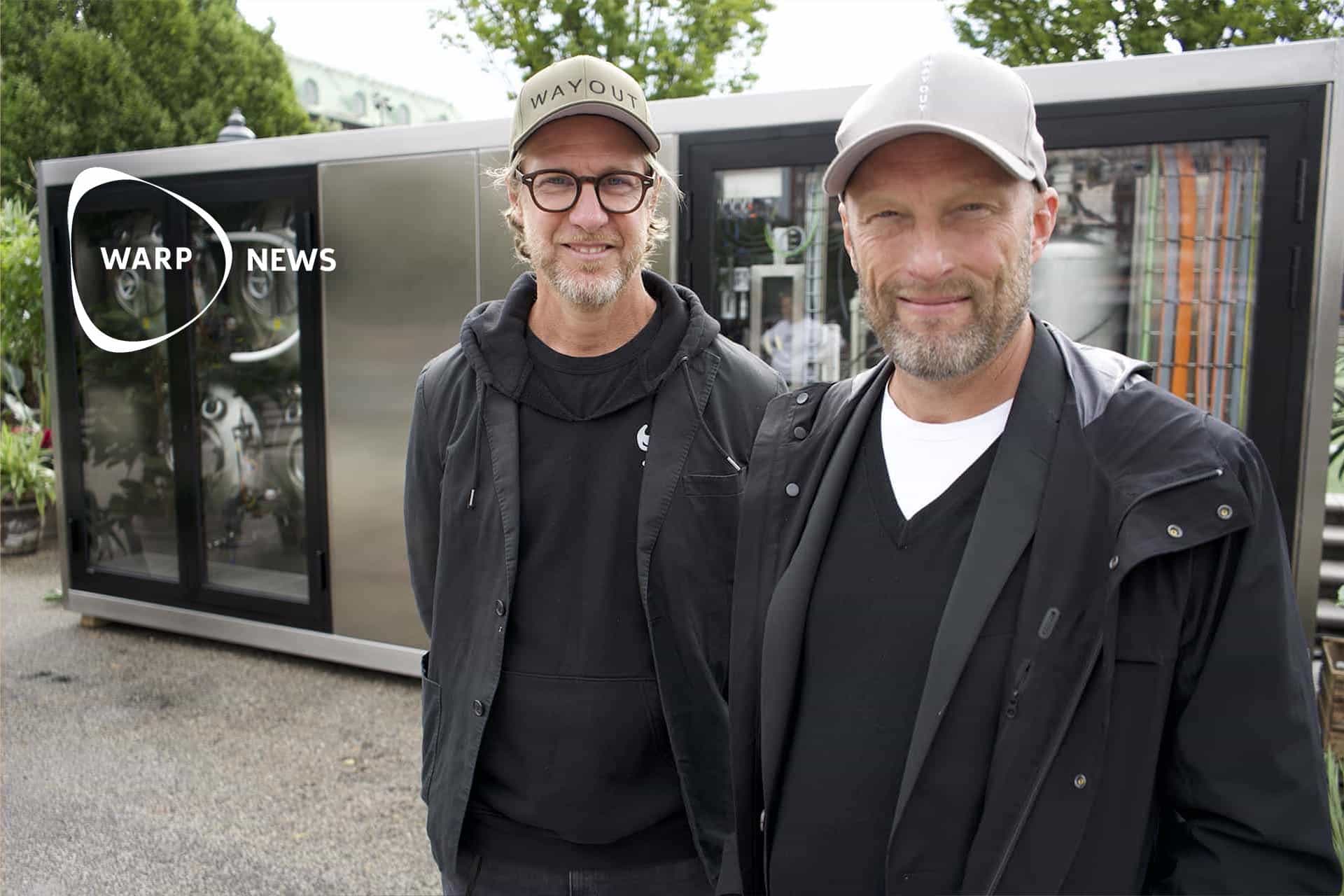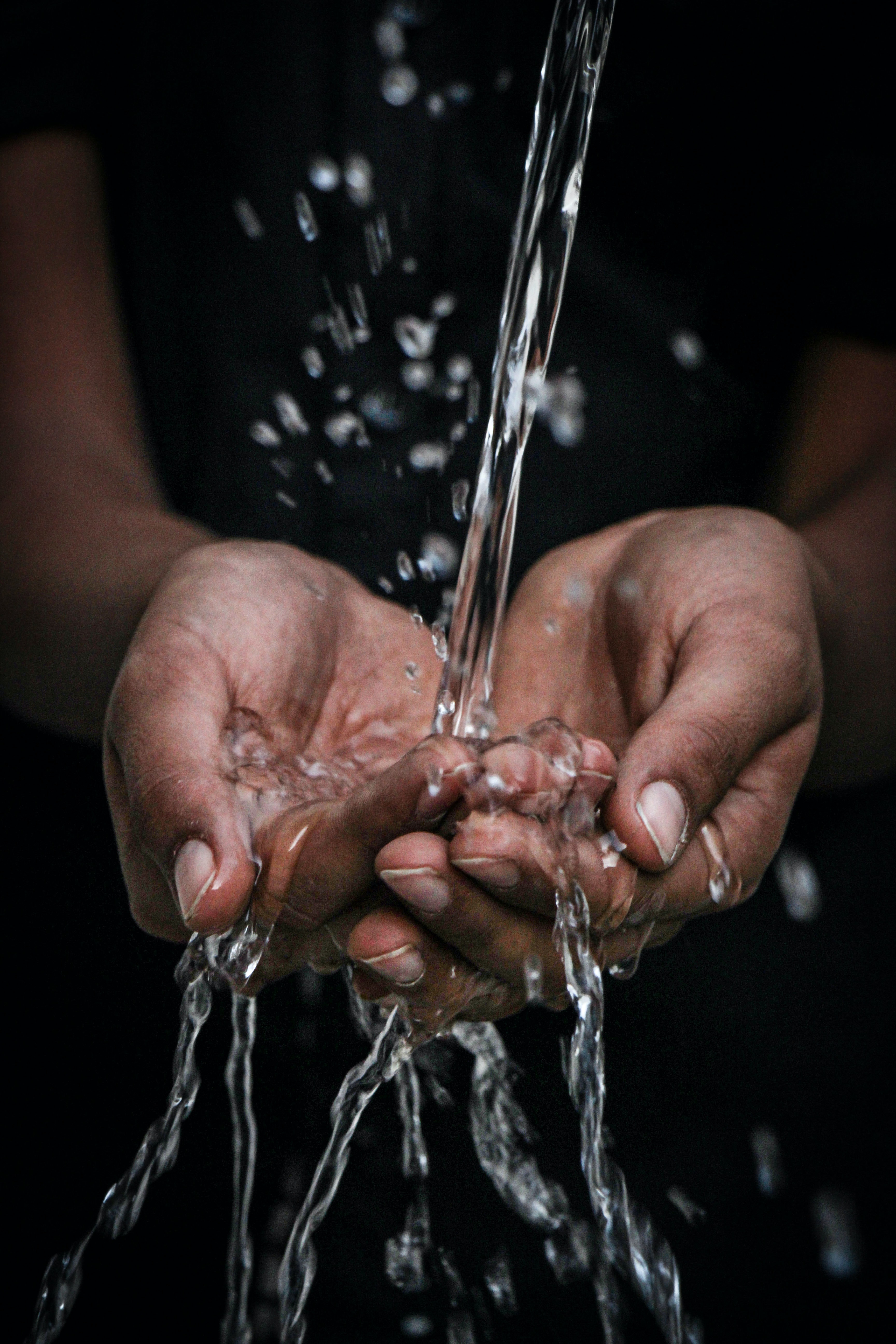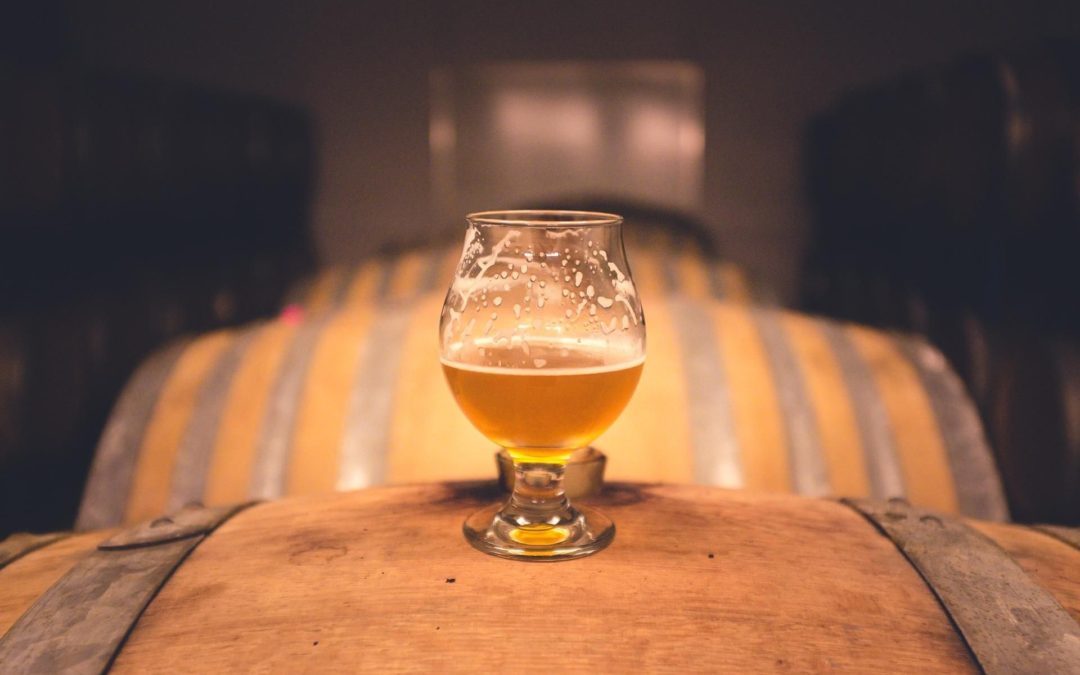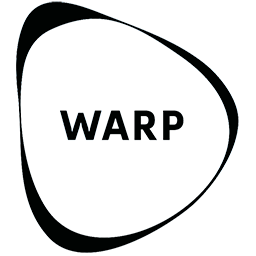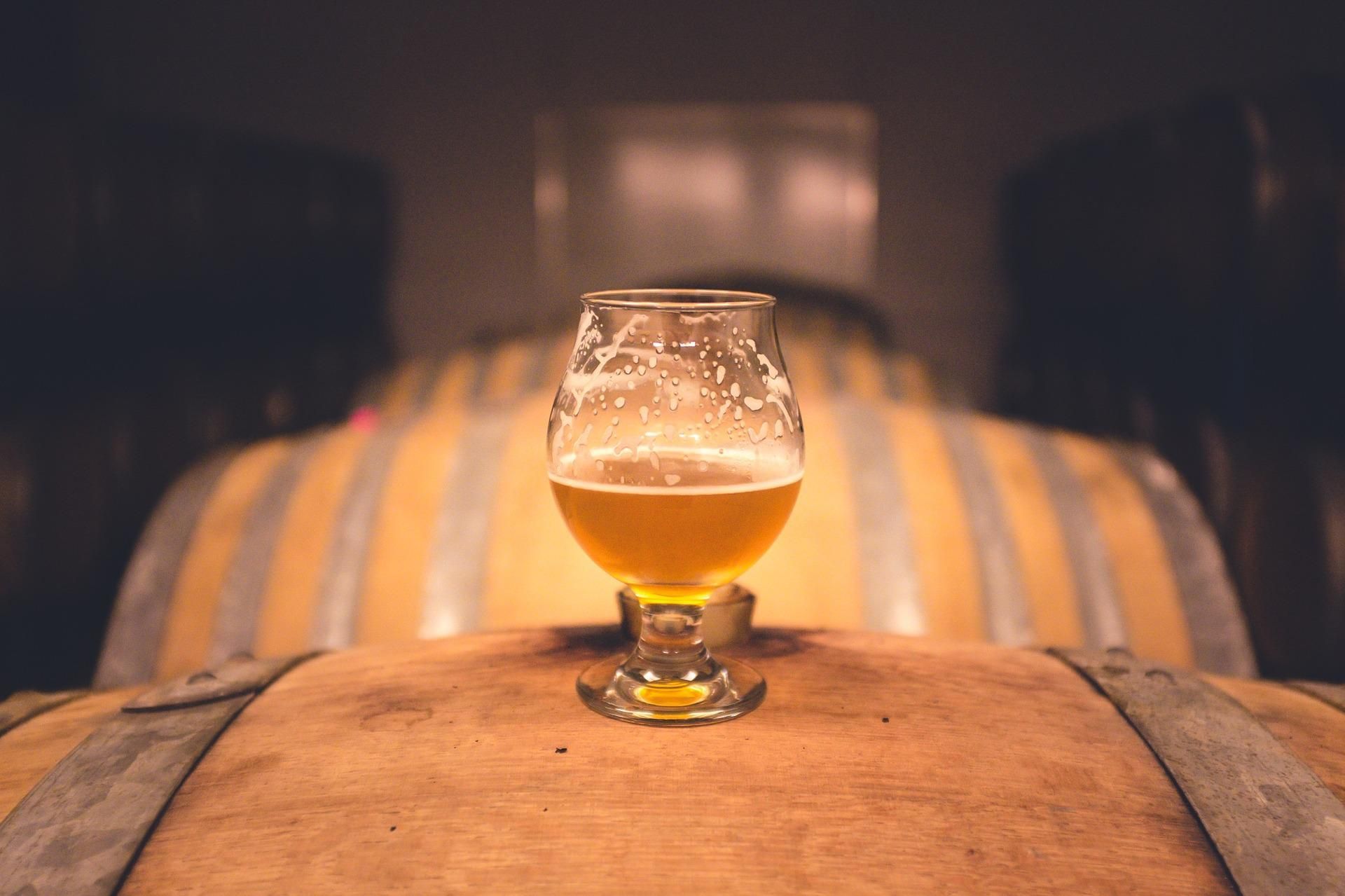
The yeast S. cerevisiae can not only be used to brew good beer but it can also purify water of harmful substances such as lead.
Lead especially is a common and dangerous pollutant in drinking water. In the United States alone, nearly 20,000 kilometers of the country's waterways are contaminated with lead.
But now researchers from MIT in the US have shown that yeast can eliminate so much lead in the water that the water becomes completely harmless to drink.
The yeast is also cheap and easy to obtain. The researchers have, as an example, calculated that it would take 7,000 tons of yeast per year to purify all drinking water in Boston. Simultaneously, the Boston Beer Company brewery alone produces 20,000 tonnes of extra yeast in its processes.
The process that purifies the water is called biosorption and has already been available for a few decades, but it has never been used to purify water to the levels required for it to be used as drinking water.
The researchers from MIT have now developed the process so that it can purify water even if there is no more lead than one part by weight per million (ppm).
“Our study shows that the process can work effectively at much lower concentrations of lead than we normally find in the water sources we actually use today and we show in detail what mechanisms are involved in the process”, says Patritsia Statathou, a researcher at MIT and one of the researchers behind the study, in a press release.
The researchers will now proceed with trying to scale up the process and develop methods for reusing both the yeast cells and the lead they have extracted from the water.
